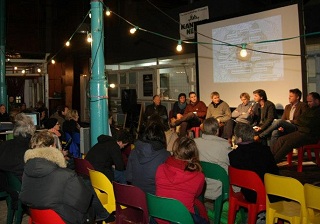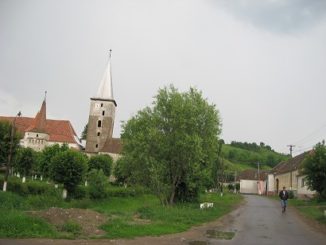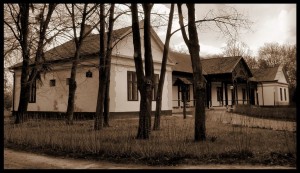Some look at 2014 as the beginning of the end, while others see the date when Romania will open up its land markets and provide a gold striking opportunity. Speculation is high and a dangerous trend is taking over the countryside: landowners who leased their properties to local farmers have started to demand the termination of contracts. The logic? To make sure this land is available for sale when the “foreign wave” will hit. So what’s going to happen?

Under the current leasing contracts landowners receive in average 700 kg of cereals per hectare, at a production of 4 tonnes/hectares, the average price of 100 kg of cereals being 20 Euro. These rates depend on the quality and position of the lands, but also on the bargaining power of the owners.
Romanian large scale farmers, primary leasers of these lands, already feel the competition. “There are several individuals scouting the villages, promoting the idea that, from next year landowners will become millionaires by selling their lands. Even the ones who are not speculators, but have land, consider it’s better to have the land free of contract, in case foreign buyers come and prices will explode,” declared for AgroIntel.ro, Florica Mara, large farmer from the south of the country.
According to Romanian large farmers, they are the first ones taking the hit, as the majority of the formerly leased lands will remain uncultivated, agricultural markets will block and landowners will not receive their production share. Speculators would be the first winners, buying up land with a price equal with the leasing contract for 5 years. Large farmers associations believe that the current trend will only deepen rural poverty.
Real estate experts seem to agree, noting that speculators try to trick the landowners, as foreign individuals are interested in buying thousands of hectares in already consolidated plots, most of the times from existing agribusinesses. However, as most of the large land deals were already made, the focus now goes on merging the fragmented plots of family farmers.
Representatives of the peasant association Eco Ruralis highlight that things are getting rapidly from bad to worse. “While large farmers fear for their business, we fear for our very existence. Large-scale farming done either by national or foreign agribusinesses already left deep scars on our country, creating speculative and volatile markets on which peasants cannot compete. The final stake is our colorful peasant countryside. Not all that glitters is gold, and I will not sell my land today, so that my children can have a future tomorrow. I urge others to do the same!”, reacted Dan Cismas, organic farmer from Eco Ruralis.
For more on this issue on ARC2020 see:
Land grab fears in Poland
Land grab state of play around Europe
State agency in Romania and its role in land grab
Bulgaria legislates against land grab
Romanian land markets open up





